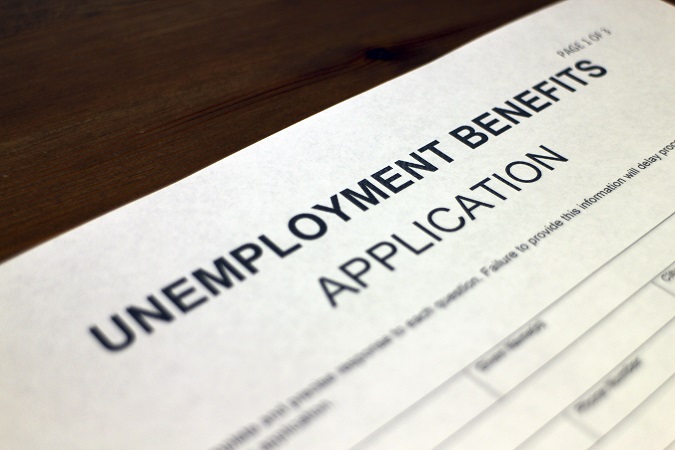Laws requiring that immigrants to the United States be self-sufficient have been on the books for nearly 140 years. The Immigration Act of 1882 barred any immigrant “unable to take care of himself or herself without becoming a public charge” from entering the United States.
The problem is that the term “public charge” is not defined in the immigration law. Prior to 1996, an immigrant visa applicant could overcome the public charge provision if someone with sufficient economic resource would sponsor them by submitting an affidavit of support. By 1996, that had come to be seen as virtually meaningless because there was no system of enforcement to make the sponsor provide the promised economic assistance. Legislation in 1996 attacked that loophole by specifying that the affidavit of support had to be legally enforceable. But, still, no effective enforcement system has ever been implemented. So, virtually no immigrants are ordered to leave because of welfare use.
Then, at the urging of the mass immigration lobby, President Clinton issued an executive order in 1999 that specified that the term referred simply to immigrants who became – or would become – chronically dependent on welfare (specifically food stamps or other cash assistance). This narrowing of the term made it largely irrelevant. Now, an effort is underway to tighten up the public charge restriction.
An August 6 article in Politico reports on how the number of visa denials based on the public charge provision of the law has increased in the Trump administration. In part, that is based on new State Department guidelines that downgraded an affidavit of support to just one of the factors to be considered.
In addition, the administration has in the works a new executive order defining what the public charge provision means – in effect broadening the narrow definition specified by Clinton. The Politico article notes that the new executive order reportedly will add use of Medicaid, public housing vouchers and subsidized prescription drugs as evidence that an immigrant has become deportable under the public charge provision.
It remains to be seen whether the new order will address enforcement of the provision. Will sponsors be held responsible for living up to their affidavits of support? Will government agencies that distribute public assistance funds police against their use by ineligible immigrants? Will that responsibility be left to state and local governments?





5 Comments
The government must deny all funds and support to illegal immigrants and immigrants which will encourage people to either go home or not come to the United States/
When the Republicans had the ENTIRE CONGRESS (from 1994-2006, and again from 2014-18), THEY could have “tightened up” the language-and did not! WHY NOT? Allowing ONLY U.S. Citizens to get public benefits has been ruled UNCONSTITUTIONAL by federal courts, so there is another “loophole” for the immigrants (legal AND illegal!). If there is going to be a fix, it HAS TO BE AT THE FEDERAL LEVEL! And yet neither party in Congress can get a solution passed! NEITHER SIDE in EITHER CHAMBER!
Pingback: “Protecting” Illegal Aliens Isn’t Neighborly or Virtuous: It’s a Crime – Dr. Rich Swier
Its probably fake news. Hopefully true, they need to come and work, not get services.
Pingback: New Guidelines Aim to Ensure Immigrants Are Self-Sufficient – The Importance of Business